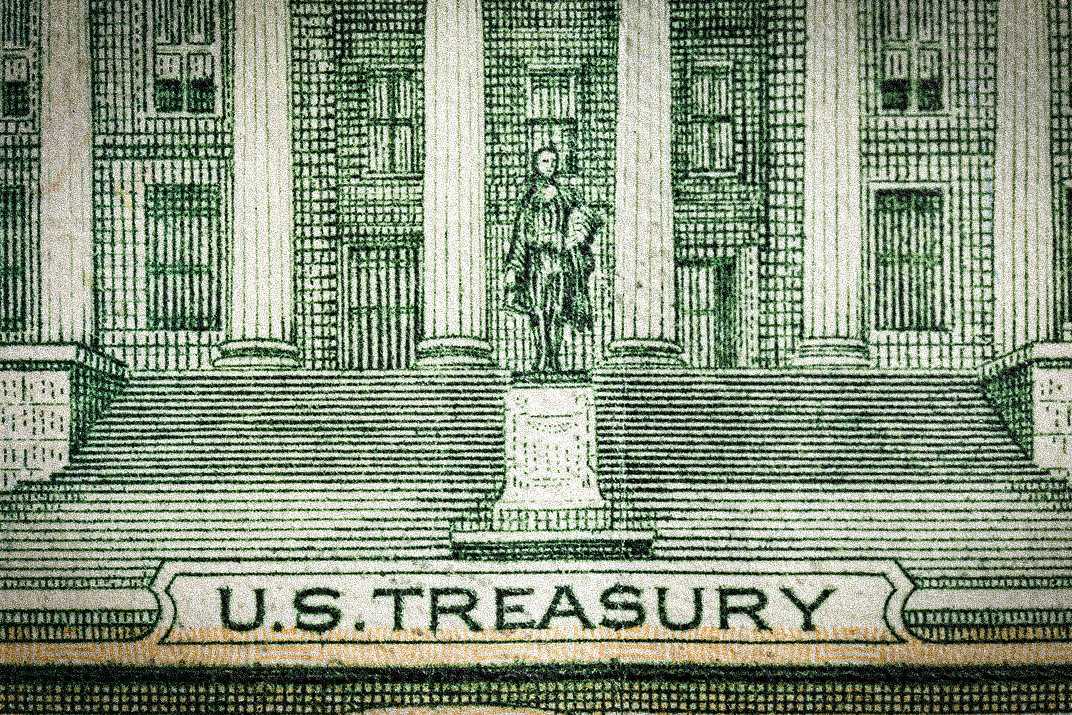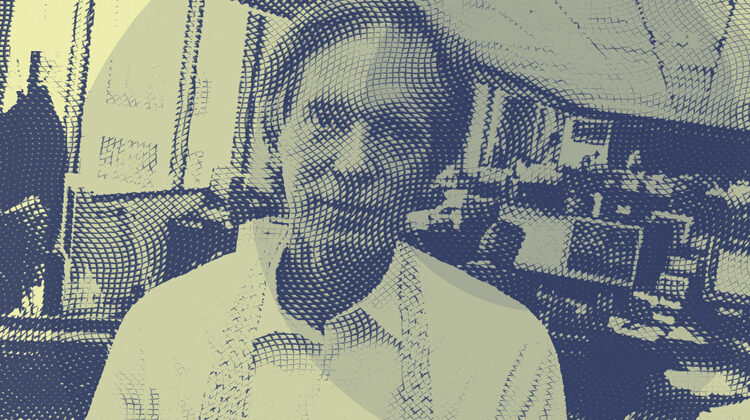
So CQish
November 6, 2008
Treasury’s Got Bill Gross on Speed Dial
June 20, 2009The Future of Investing
Evolution or Revolution?
The title of this Outlook, “The Future of Invest ing,” is a theme that will take the evolving years to resolve, let alone the next few days. Still, PIMCO isan organization that loves a challenge. All of us here today would agree that the answer to both questions will behighly dependent on the evolution of the global economy, and when it comes to those questions PIMCO has excelled because of itslong-term secular outlook. It has paid dividends for our clients for over 30 years and it should do so now as well. The fact is, that the future of investing will depend on the long-term future of the global economy- its nominal growth rate and the distribution of that growth between public and private inter ests. And so weshould start at the beginning, or perhaps at the top, of our top-down process – the future of the global economy.
I. Future of the Global Economy
The future of the global economy will likely be dominated by delevering, deglobalization, and reregulating, yet if so, it is important to state at the outset that we do not envision a mean reversion, cyclically oriented future, but instead a new world where players assume different roles, and models relying on bell-shaped/thin-tailed outcomes based on his torical data are less relevant. Historical models look backward while modern-day finance is being fast forwarded and reconstituted almost as we speak.
1) Delevering – The prior half-century of lever aging and the development of the amorphous shadow banking system was growth positive. Major G-10 economies became dominated by asset prices and asset-backed lending most clearly evidenced in housing markets. Excess consumption was promoted, and investment based on that consumption followed in turn. Savings rates in many countries including Japan, the U.K., and the U.S. fell towards zero as the reliance on rainy day thrift faded. Deleveraging of business and household balance sheets now means those trends must reverse, and as they do, growth itself will slow, bolstered primarily by government spending as opposed to the animal spirits
of the private sector.
This topic is one which literally could take hours to discuss, and at PIMCO forums and Investment Committee meetings, it does. There are those of us here as well as highly respected economists outside of PIMCO who would suggest destruction as opposed to slow growth, and they may have a minority, but not insignificant,case. Much depends on theeffectiveness of policy responses and the simplistic answer to a simplistic question. Can global financial markets and the global economy heal by pouring lighter fluid on an already raging fire? Can too much debt be cured by the issuance of even more debt? Must the debt supercycle come to an end by crashing and burning or does the world keep breathing with a whimper instead of a bang? We shall see, but there is a near certain probability that the financially based global economy of the past half-century will not return, nor will we experience the steroid driven growth excesses that it facilitated.




